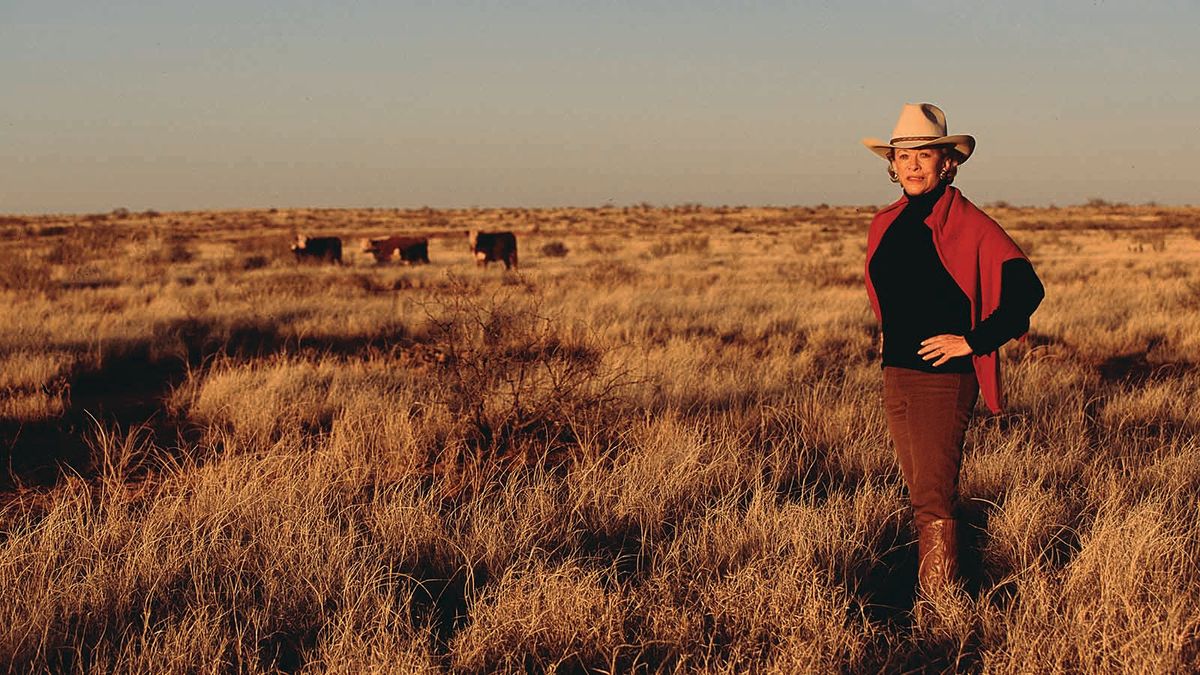Sotheby’s is to sell the art collection of the Texan rancher, oil heiress, and cultural philanthropist Anne Marion over a series of sales this spring, estimated to bring in over $150m in total.
Marion passed away in February 2020, leaving behind a formidable cache of mostly post-war American art including Clyfford Still’s PH-125 (1948, est. $25m-$35m), Andy Warhol’s Elvis 2 Times (1963, est. $20m-$30m), and Richard Diebenkorn’s Ocean Park No. 40 (1971, est. $20m-$30m).
According to Sotheby’s specialist Michael Macaulay, Marion’s collecting choices reflected her life on the 142,000-acre Four Sixes ranch in Texas, which she inherited from her great-grandfather. “It isn’t only an aggregation of masterpieces,” he says. “The way that AbEx and Pop are brought into dialogue is intensely personal because when you stand in front of the Clyfford Still and see a huge, sculpted landscape—you appreciate that Anne Marion’s life was devoted to the land. The painting holds a mirror to her lived experience. It’s true of the Still, it’s true of the Diebenkorn. And it’s also true of the Warhol double Elvis,” who appears as a gunslinging cowboy in the artist’s famous silkscreen.

Clyfford Still’s PH-125 (1948-No. 1) Courtesy of Sotheby's
Marion was a hands-on businesswoman who learned to ride and work the cattle. She was one of the first ranchers to provide her staff with health insurance and retirement plans, advocating for their employment rights, according to a statement issued by Sotheby’s. She was also a major arts donor and philanthropist, serving as trustee of the Kimbell Art Museum, Modern Art Museum of Fort Worth (where she drove a major Tado-Ando-designed expansion), and MoMA, gifting hundreds of works and many millions of dollars to institutions, and co-founding the Georgia O’Keeffe Museum in 1997 with her fourth husband, John Marion, who survives Anne and was a legendary auctioneer at Sotheby’s.
Sotheby’s has a long history with the family. The auction house also sold the art collection of Anne Marion’s mother, Anne Valliant Burnett Hall, in the 1980s. “Anne Marion was an important longstanding client of Sotheby’s,” Macaulay says. He adds, though, that the auction house won the opportunity to sell the collection through a “meritocratic and competitive process.”


